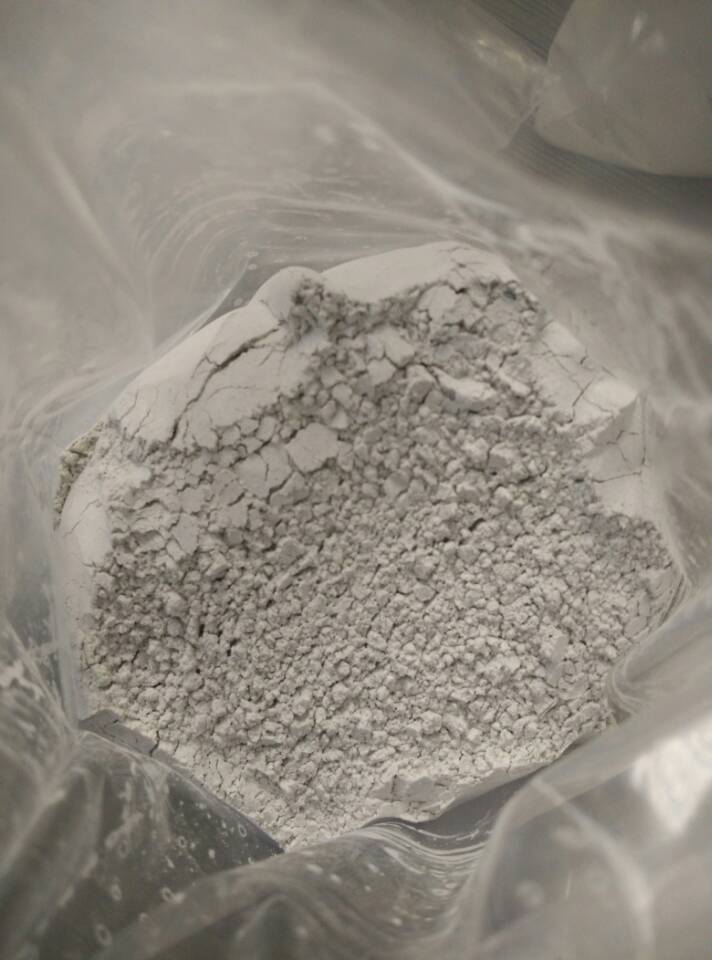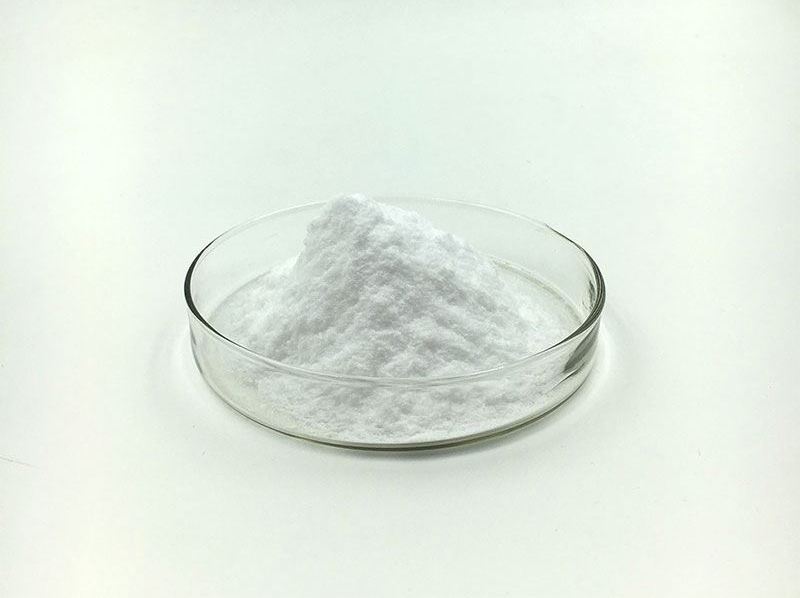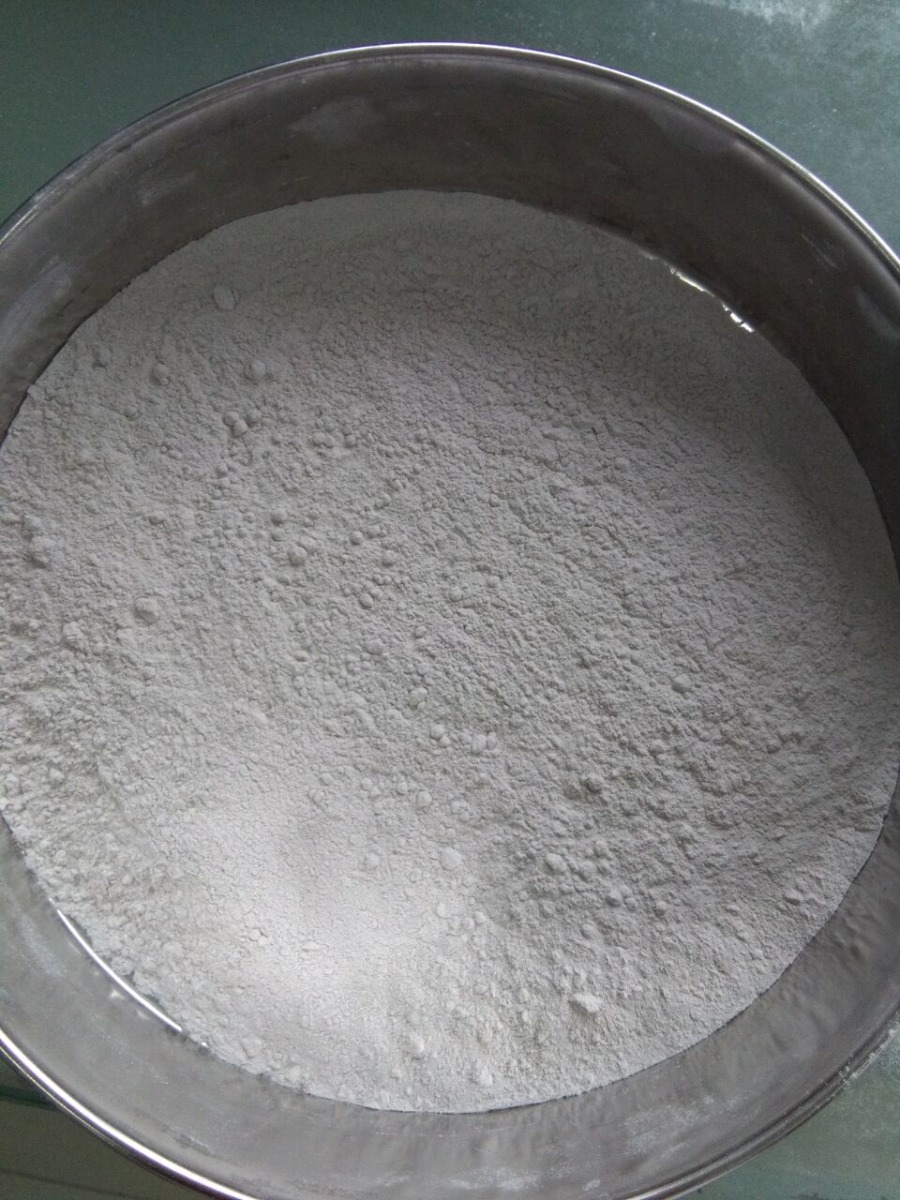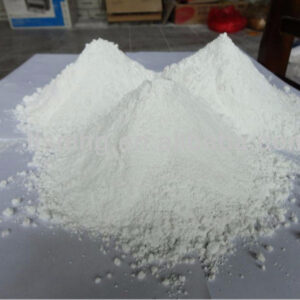Chemical appearance:
Dicalcium Phosphate 18% (DCP 18%) appears as white crystalline powder or granules. DCP is colorless and does not have any odor. In addition, it is neutral and shows high solubility in diluted acid and ammonium nitrate. DCP also shows slight solubility in water and is low in terms of hygroscopic abilities. DCP is not soluble in alcohol. The crystal water in Dicalcium Phosphate dihydrate (CaHPO4. 2H2O) starts to dissipate when DCP is heated at 90 0C. When heated above 400 0C, DCP turns into calcium pyrophosphate.
Chemical application and strengths:
-
- The primary application of feed grade DCP (18%) is evident as a feed additive for poultries and livestock. It provides much-needed phosphorus and calcium mineral nutrition. As a result, DCP can help in treating diseases such as rickets, anemia, osteomalacia, paralysis, and pullorum disease among poultry and livestock. In addition, the benefits of DCP as feed for livestock and poultry are evident in the better rate of milk production and capability for laying eggs. Dicalcium Phosphate 18% (DCP 18%)
-
- Toothpaste made from the food-grade applications of DCP . The compatibility of DCP with other ingredients in toothpaste, such as sodium fluoride and its functionality as a polishing agent, are some of the strengths of food-grade DCP. It can enhance the taste of toothpaste alongside reducing the thrilling sensation that can potentially damage the teeth.Dicalcium Phosphate 18% (DCP 18%)
- Trichloroisocyanuric acid is a general hygiene product used in sanitation for disinfection and cleaning. It works well in public toilets and hotel washrooms. Janitors at hospitals also use the acid for disinfection of general ward as well as utensils. Farmers can also use it for the preservation and cleaning of various fruits and vegetables. Contact us








Reviews
There are no reviews yet.